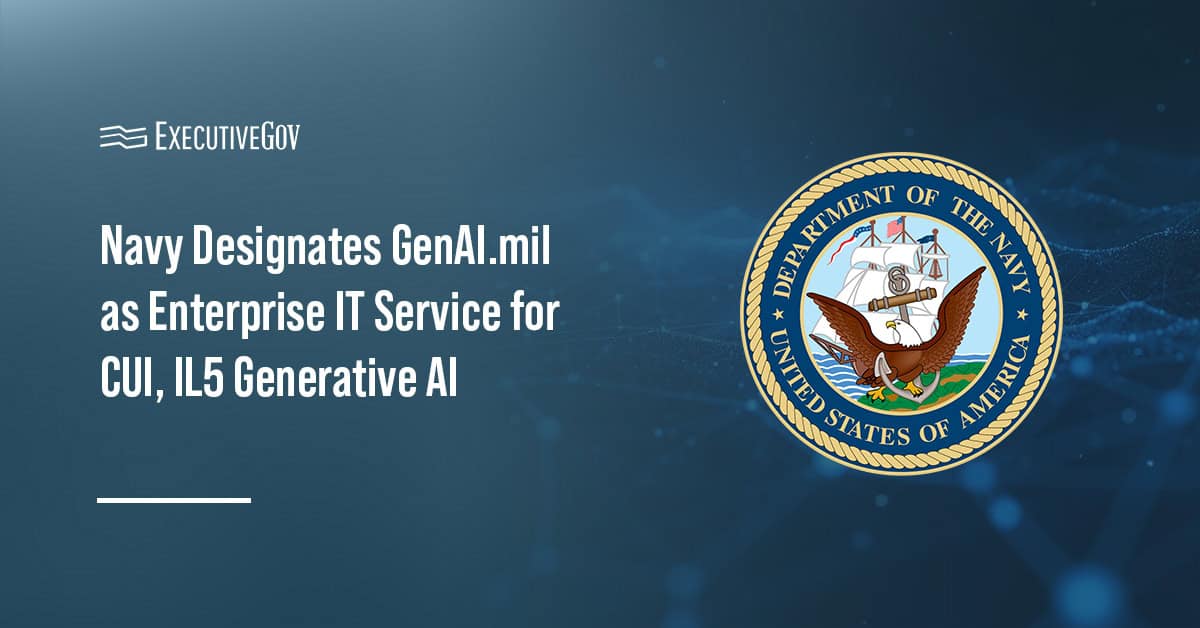
Suzanne Spaulding, a member of the Cyberspace Solarium Commission, said the group will release cybersecurity recommendations in early 2020, The Hill reported Tuesday. A strategic cyber approach will require all available tools, resources and connections from both public and private sectors, she said at the Digital Government Institute’s 930gov conference.
The 2019 National Defense Authorization Act required the creation of the commission that must work to report on cyber space. The House’s proposal for the bill’s 2020 version tasks the commission to submit the report by Sept. 1 next year, and the Senate’s version calls for a Feb. 2 submission date. Spaulding formerly served as an undersecretary for a specific directorate within the Department of Homeland Security. This former directorate now operates as the Cybersecurity and Infrastructure Security Agency.





